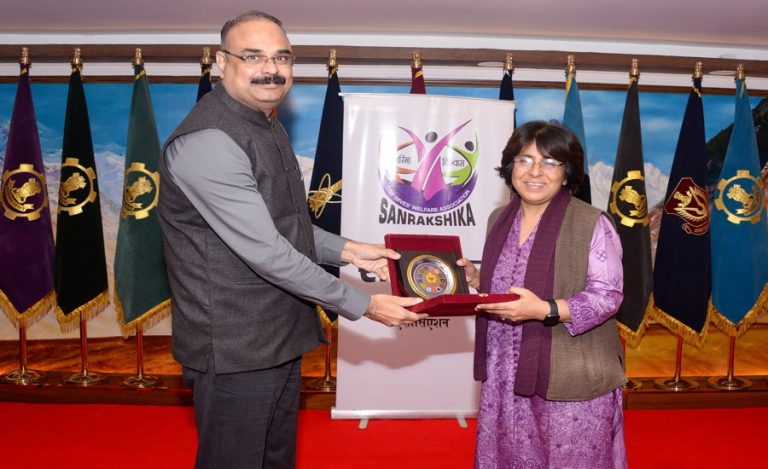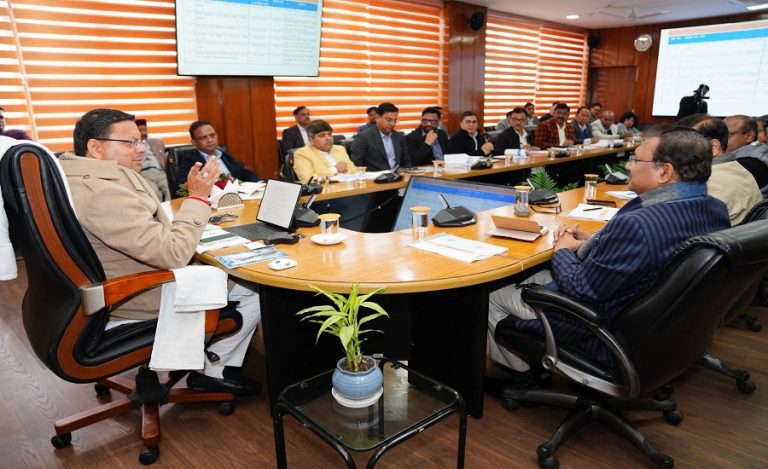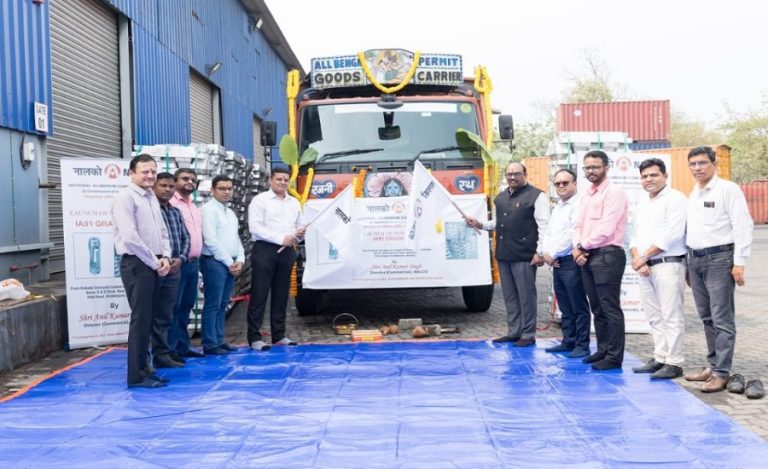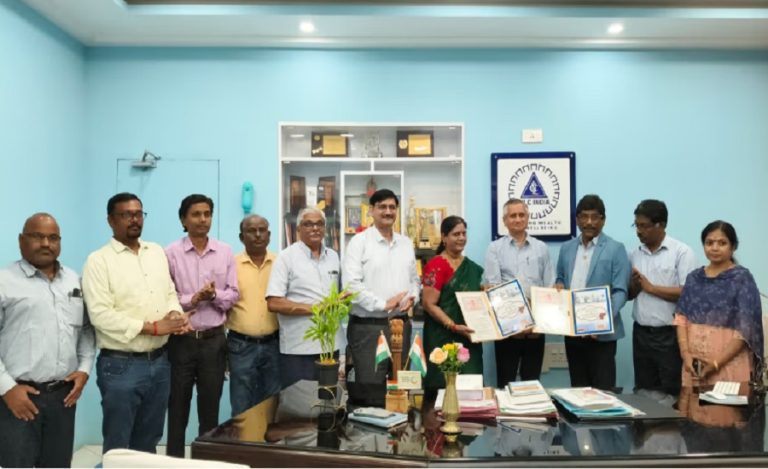From the dense jungles of India to the corridors of justice, Dipak Sarmah’s life has been a saga of dedication, resilience, and courage. As a stalwart of the Indian Forest Service (IFS), Sarmah of the 1977 batch and Karnataka cadre has spent decades safeguarding India’s forests and wildlife, navigating a career marked by high-stakes battles with forest smugglers, critical conservation efforts, and leadership roles in some of the country’s most infamous environmental scandals.
A CRUSADER AGAINST ILLEGAL MINING
Sarmah’s most notable chapter began in 2011 when he was appointed Chairman of the Supreme Court’s Monitoring Committee to oversee iron ore mining in Karnataka. This role thrust him into the heart of the Ballari Mining scandal, a crisis that revealed rampant illegal mining across Karnataka’s Ballari, Chitradurga, and Tumkur districts.
The environmental and financial damage was staggering—approximately ₹16,000 crore was lost to the state exchequer, alongside the degradation of fragile ecosystems. Sarmah’s challenge was twofold: to regulate the industry while ensuring environmental preservation. Under his meticulous supervision, the committee managed the resumption of mining in a controlled and lawful manner, conducted e-auctions of ore, and set a new benchmark for compliance with environmental laws.
“This wasn’t just about enforcing laws,” Sarmah said. “It was about striking a balance between economic demands and environmental sustainability.”
A LIFE ROOTED IN NATURE
Reflecting on his journey, Sarmah said, “Nature has been part of my life since childhood. I fell in love with the service from day one and never looked back.” This connection to the environment has guided every decision in his illustrious career.
From his early days battling armed smugglers to his efforts in strengthening India’s green cover, Sarmah’s commitment has been unwavering. His work isn’t just about managing forests; it’s about nurturing an ecosystem that sustains life.
THE IMPORTANCE OF FOREST
Sarmah believes that true conservation begins with the forests themselves. “People often write about lions, tigers, and elephants, but rarely about forests,” he says. “Without healthy forests, there’s no healthy wildlife.”
He emphasizes that forest health is shaped by centuries of rainfall patterns, soil conditions, and human activities. Agroforestry, he notes, is a crucial tool for reducing the strain on natural forests. “We have more agricultural land than we need,” Sarmah explains, advocating for land-use strategies that support reforestation.
Under his leadership, the green cover outside protected forest areas has grown, showcasing how a balanced approach to forestry and agriculture can coexist.
Watch the Interview here :
A LEGACY OF RESILIENCE AND BALANCE
Sarmah’s work has set a precedent for responsible mining and sustainable forestry practices. His efforts in regulating the mining industry while ensuring the restoration of degraded lands are seen as a model for addressing similar challenges across India.
As he continues his journey as Chairman of the Monitoring Committee, Dipak Sarmah’s story remains a testament to the power of dedication and vision. His work reminds us that the fight for our forests isn’t just about saving trees—it’s about securing the future of an entire ecosystem.
“Forests are more than a collection of trees,” Sarmah asserts. “They are the lifeblood of our planet, and protecting them is not an option—it’s an imperative.”


































